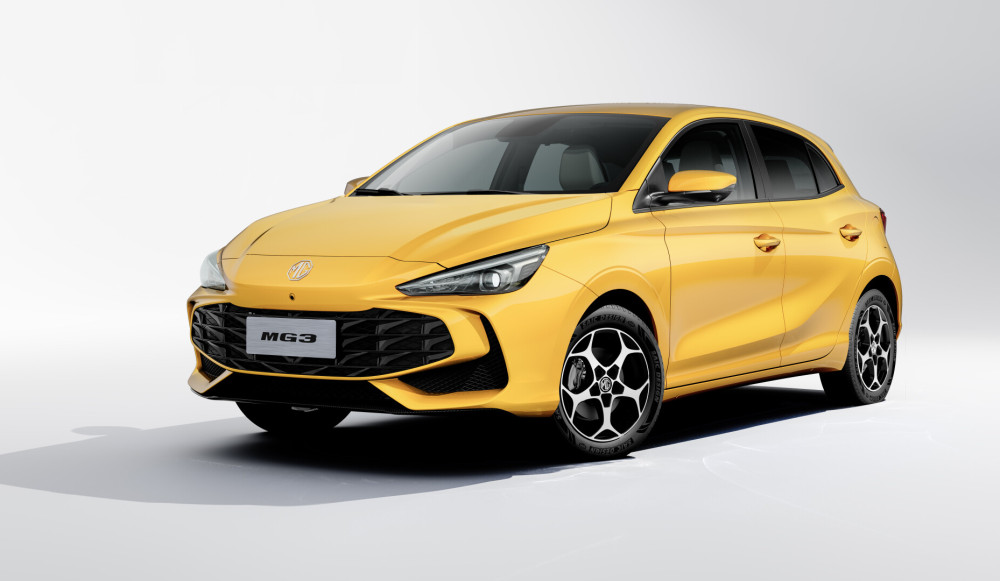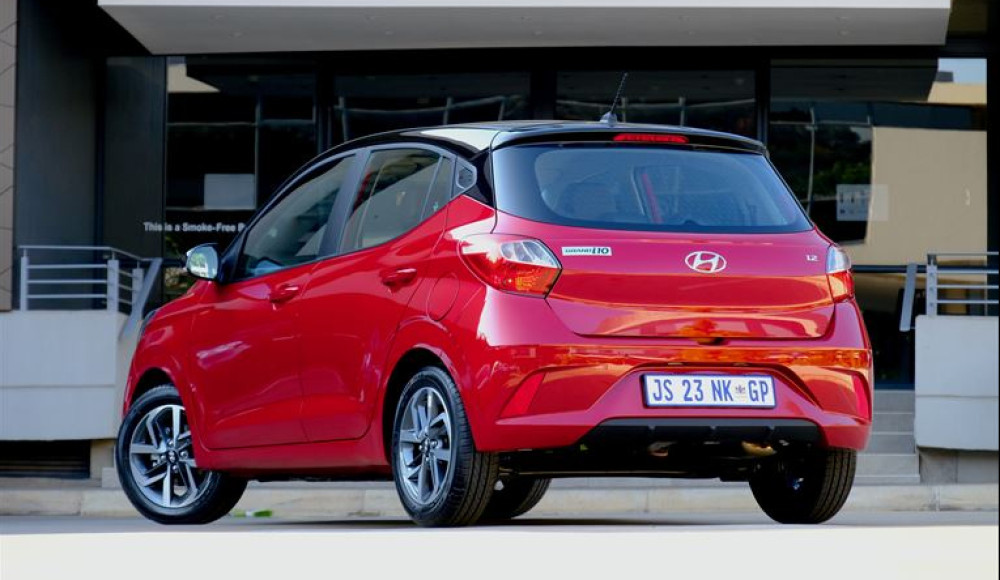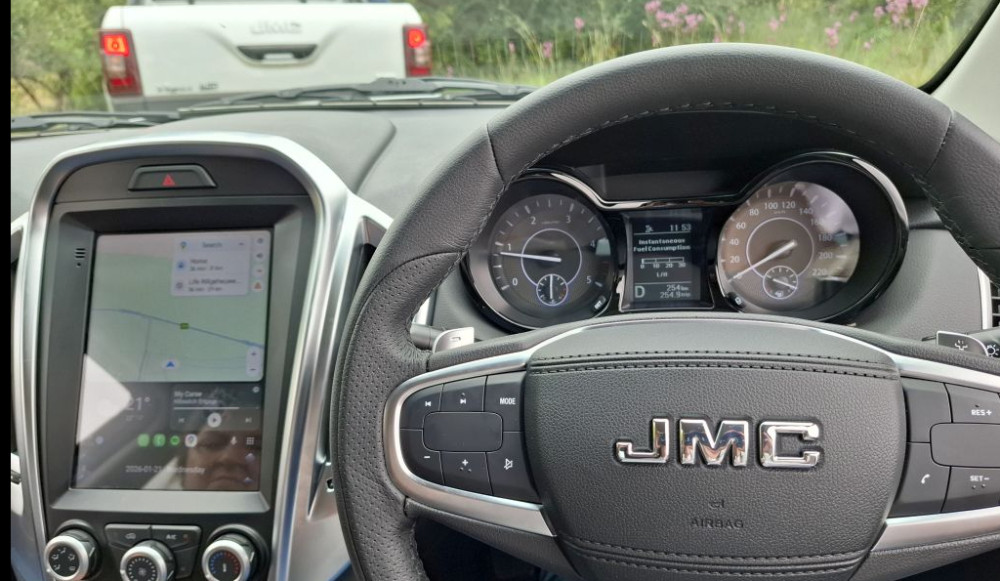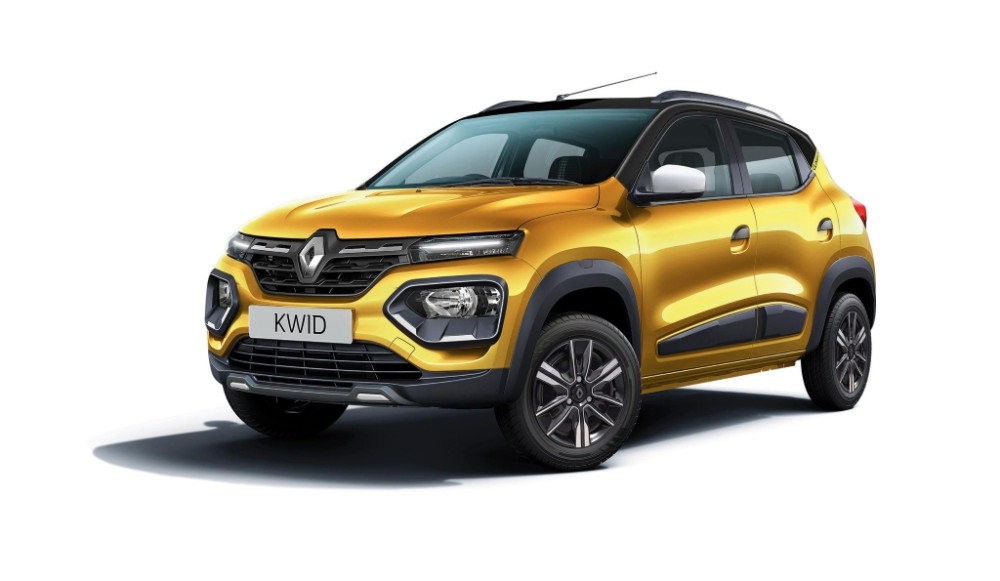President Cyril Ramaphosa’s recent focus on South Africa’s automotive sector strikes a chord, particularly as the industry navigates turbulent global conditions. His confidence in its resilience isn't unfounded, given its deep roots and substantial economic footprint. However, this confidence is being severely tested, especially by the immediate pressure of significant new tariffs imposed by the United States.
The numbers underscore the sector’s importance: it supports hundreds of thousands of jobs, directly and indirectly, and contributes a notable portion, around 5,3%, to the country’s GDP. Major international brands have long established production here, serving both local buyers and export markets, with exports historically forming a large portion of output. The industry’s century-long presence speaks to its embedded role in the national economy.
Need finance – click here for the very best finance deals for your new car
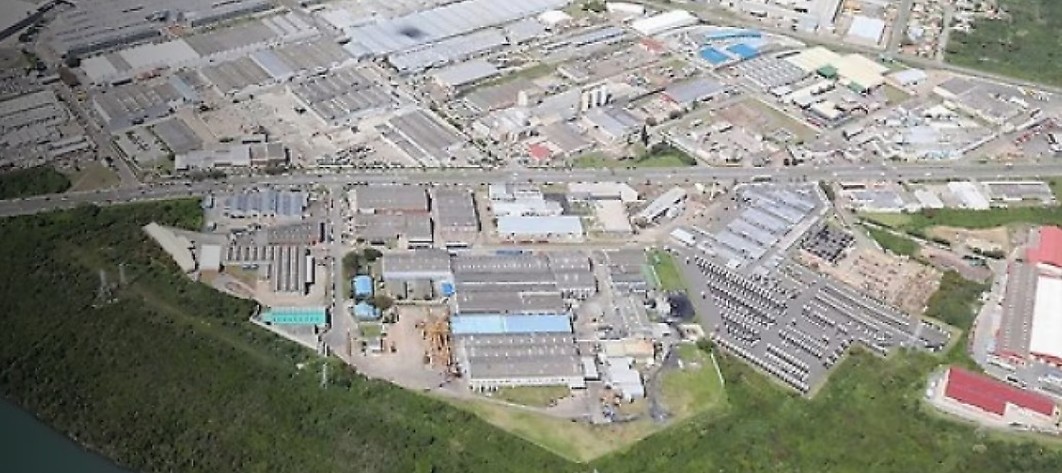
Mercedes-Benz plant in East London
Ramaphosa rightly identifies protecting existing jobs as crucial, especially under the shadow of the US tariffs. The dramatic drop in exports to that market – reports indicate a sharp decline in the first half of 2025 compared to 2024 – illustrates the tangible threat. This situation amplifies the President’s call for diversifying export markets. Expanding the sector’s presence within Africa, building on existing trade within SADC and leveraging continental relationships, appears increasingly vital as a strategic counterweight.
Simultaneously, the industry faces another fundamental shift: the global transition towards green mobility. Stricter emissions regulations in key markets like the European Union necessitate adaptation. Ramaphosa points to developments like BMW’s exclusive production of the new X3 plug-in hybrid at its Rosslyn plant as positive signals. Such investments align with the need to move towards electric and hybrid vehicle manufacturing. Government initiatives like the Automotive Production and Development Programme (APDP), potentially under review, aim to foster an environment conducive to this evolution and position South Africa for future vehicle manufacturing.
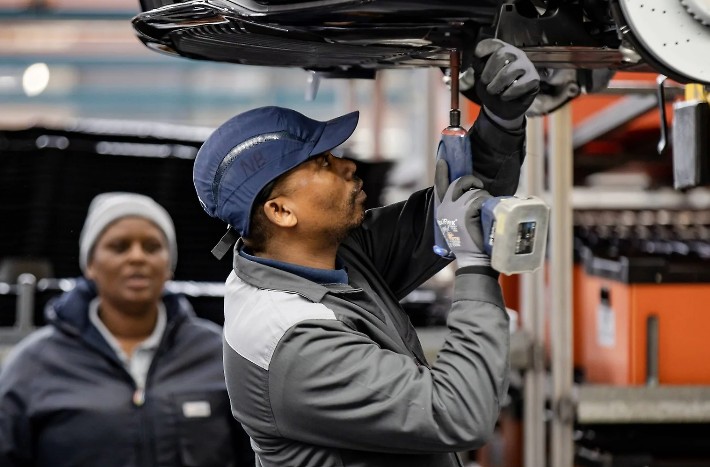
Beyond the factory floor, the sector’s role in skills development deserves attention. Initiatives highlighted by the President, such as BMW’s training academy focusing on new technologies and its involvement in the Youth Employment Service (YES), demonstrate industry efforts to build capacity. The call for broader private sector participation in YES and the mention of facilities like the Tshwane Automotive SEZ’s Centre of Excellence highlight a recognition that future resilience depends heavily on a skilled workforce and nurturing new enterprises within the value chain.
Yet, the immediate challenge remains stark. The US tariffs, justified by Washington under national security provisions despite South African vehicles constituting a minor fraction of their imports, threaten significant disruption. The potential consequences – Finance Minister Enoch Godongwana reportedly suggested up to 100 000 jobs could be at risk without a resolution – are deeply concerning. The component manufacturing sector, a critical web of smaller, often vulnerable businesses supporting the major assemblers, faces particular peril.
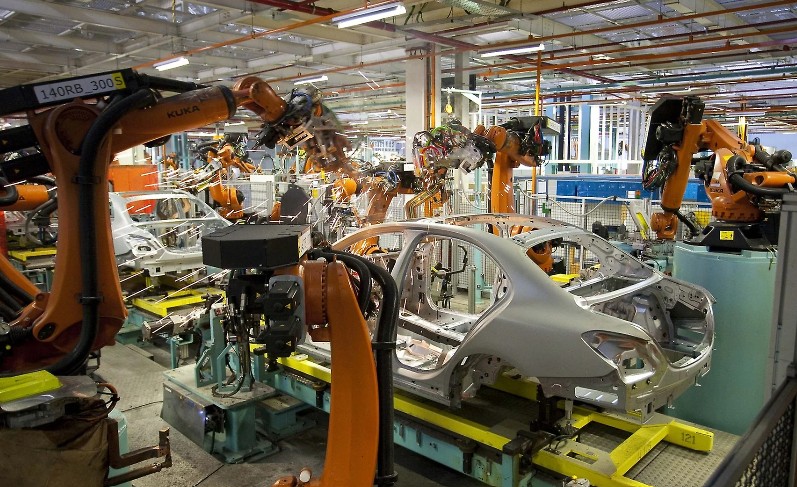
We’ve got you covered – for the best insurance deal click here
While diplomatic efforts reportedly continue, the industry and government are also looking eastwards, towards markets like China and the potential of the African Continental Free Trade Area, and inwards, considering bolstered support programmes. The strategy, as articulated by Trade Minister Parks Tau, focusing on decarbonisation, diversification, and digitalisation, outlines a necessary path forward.
President Ramaphosa’s expression of confidence in the automotive sector reflects its proven historical strength and ongoing contributions. However, the confluence of aggressive US protectionism and the demanding global shift towards green technology creates unprecedented pressure. Protecting jobs and the sector’s economic contribution in the short term, while successfully navigating the green transition and building new markets for the long term, represents a complex challenge requiring decisive action and adaptation from both industry and government.
The road ahead demands careful navigation.
Colin Windell for Colin-on-Cars in association with
proudly CHANGECARS


